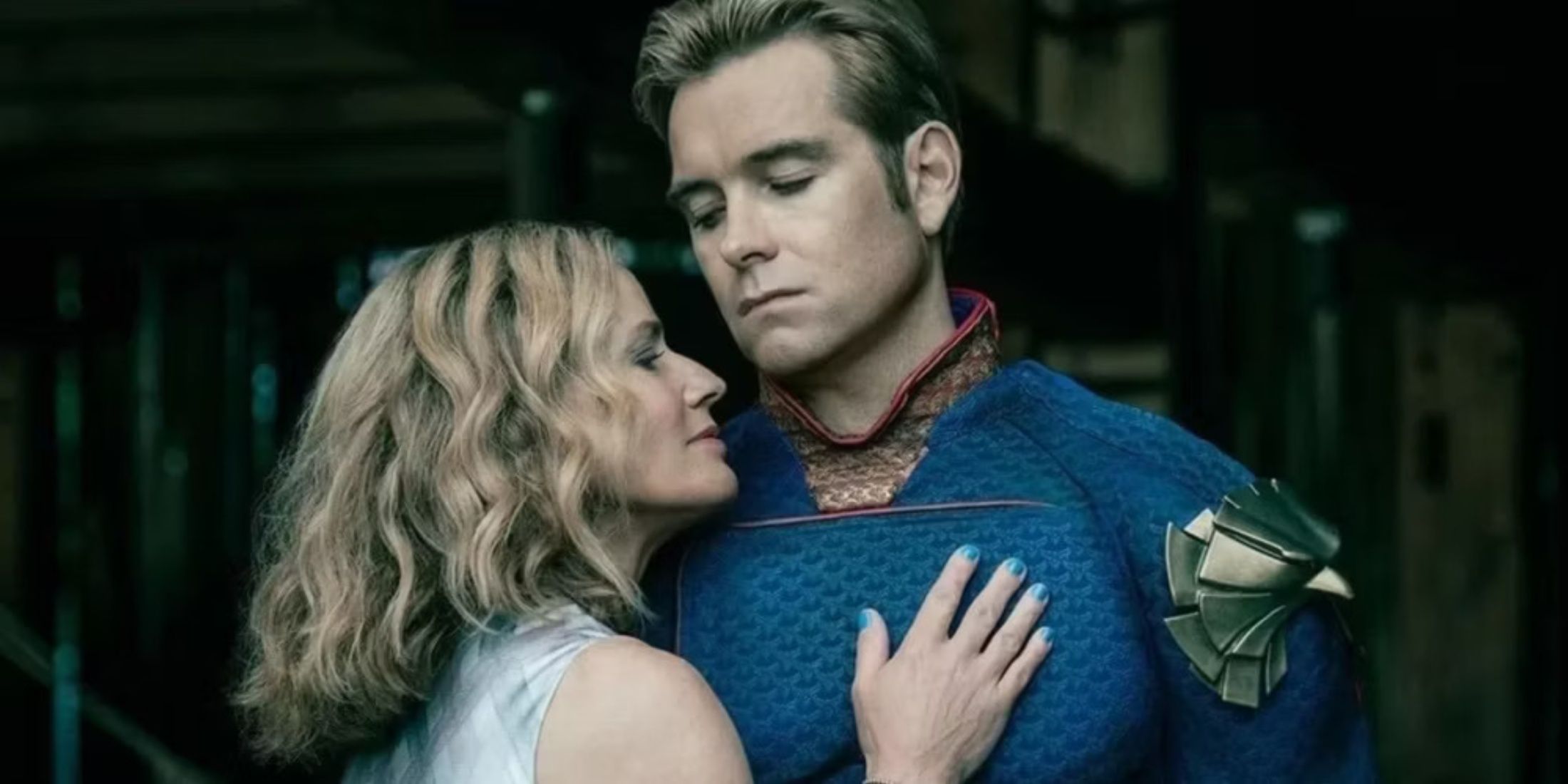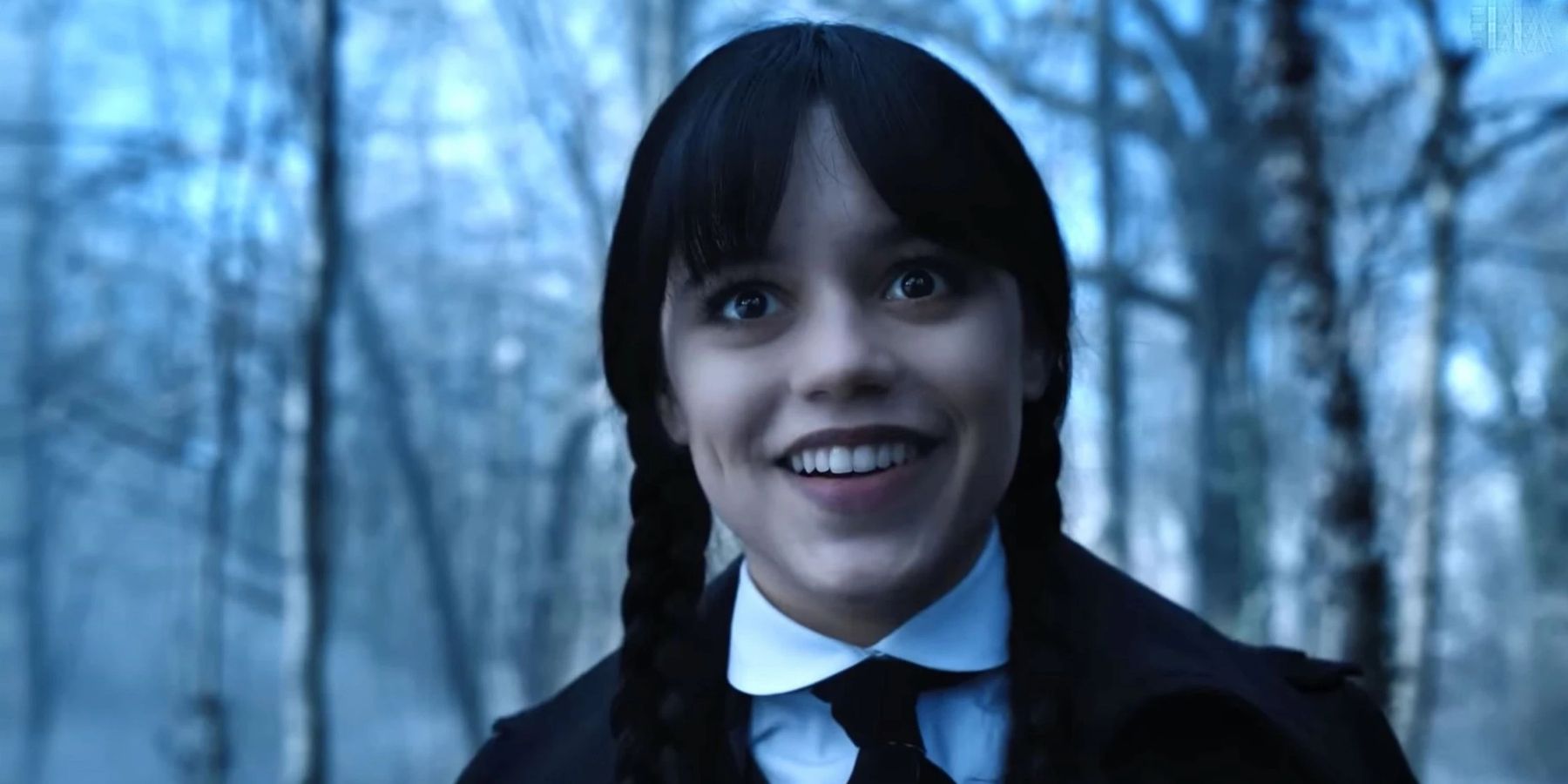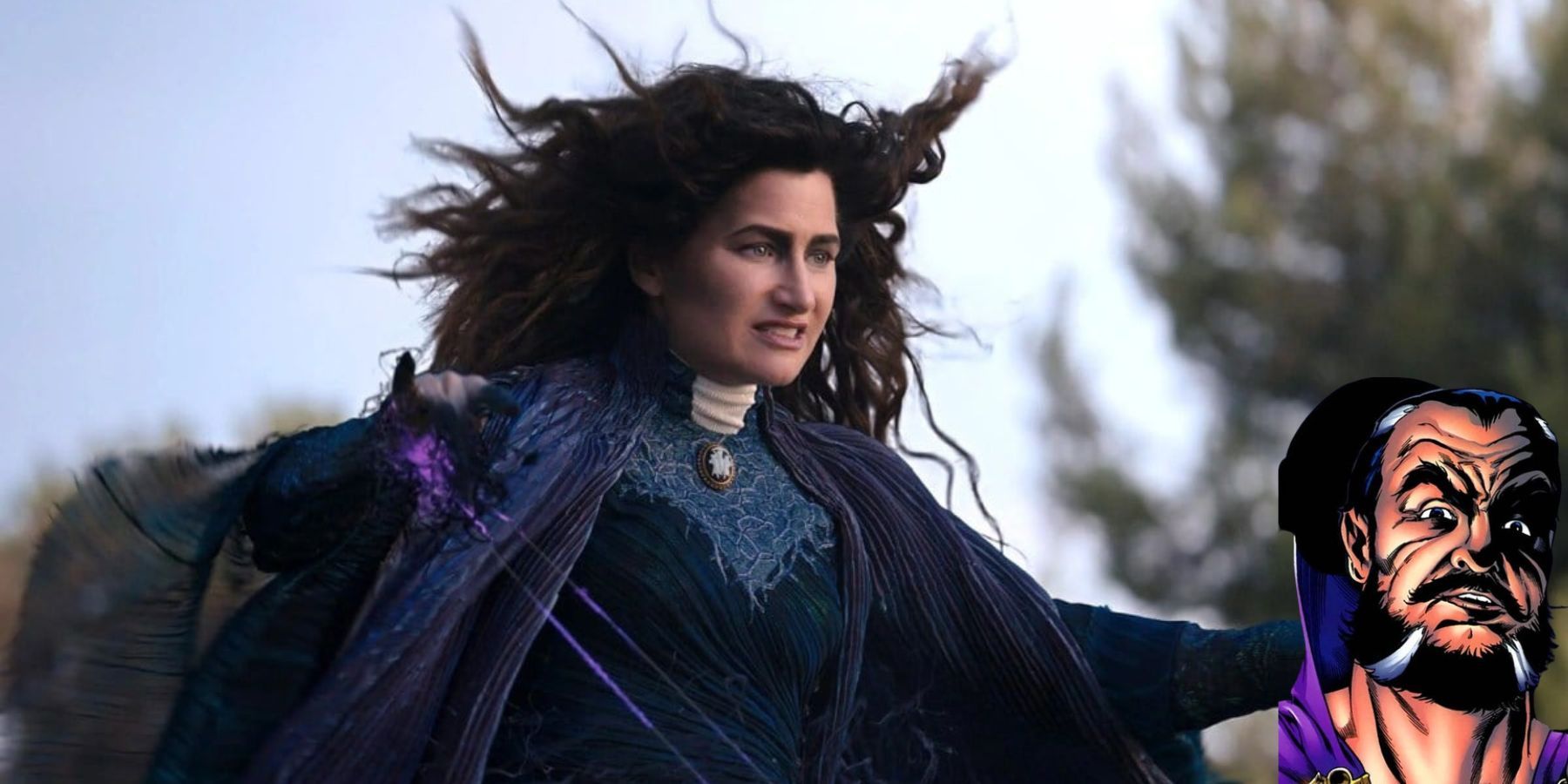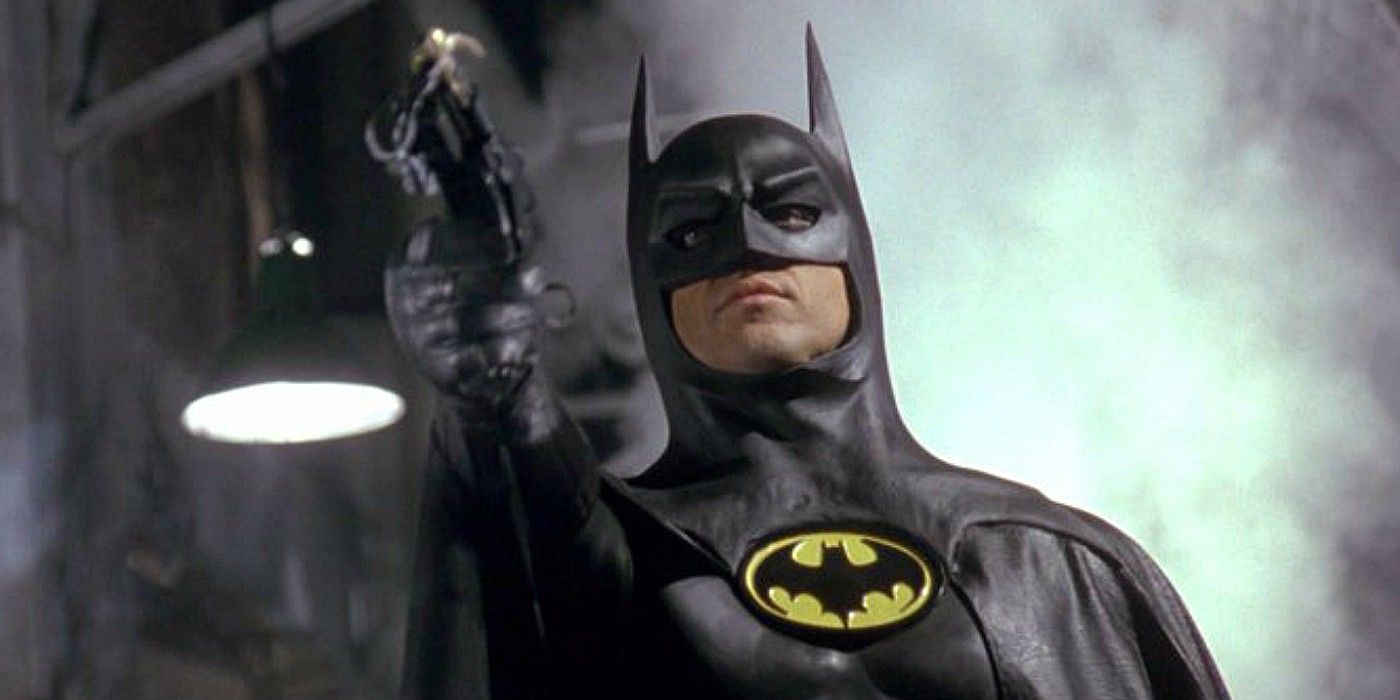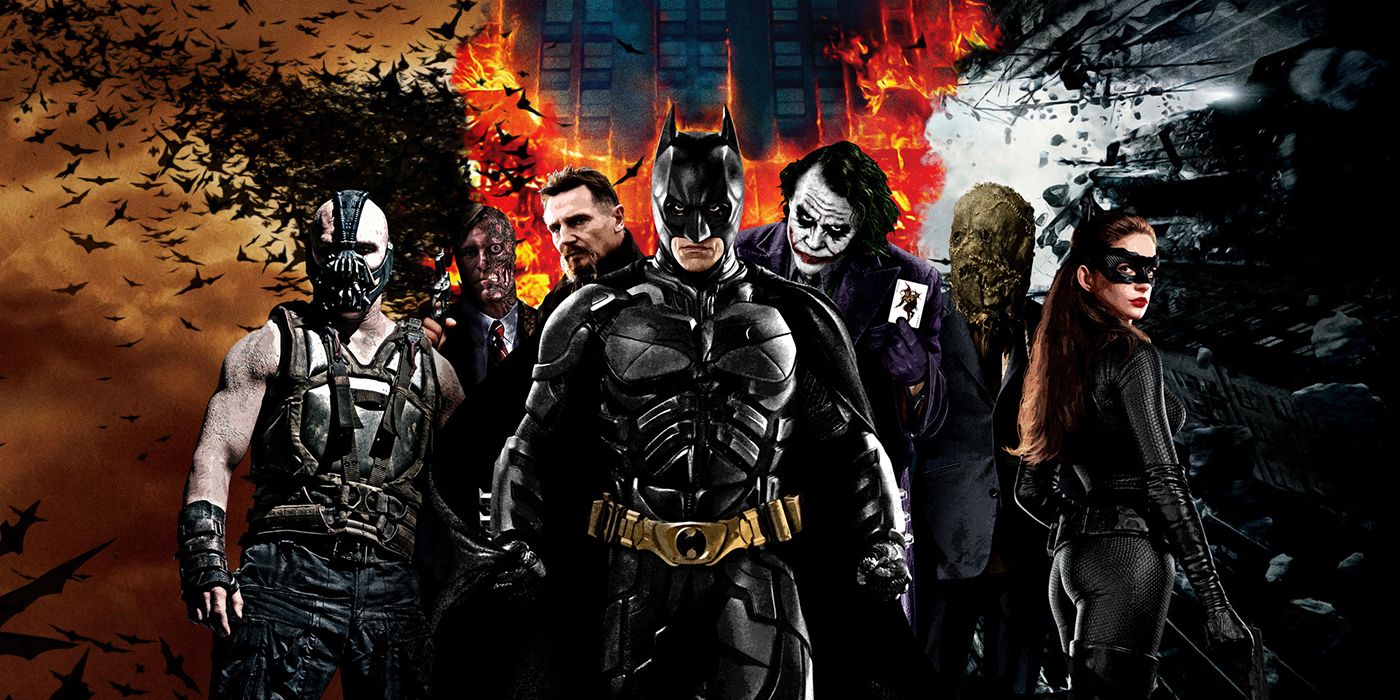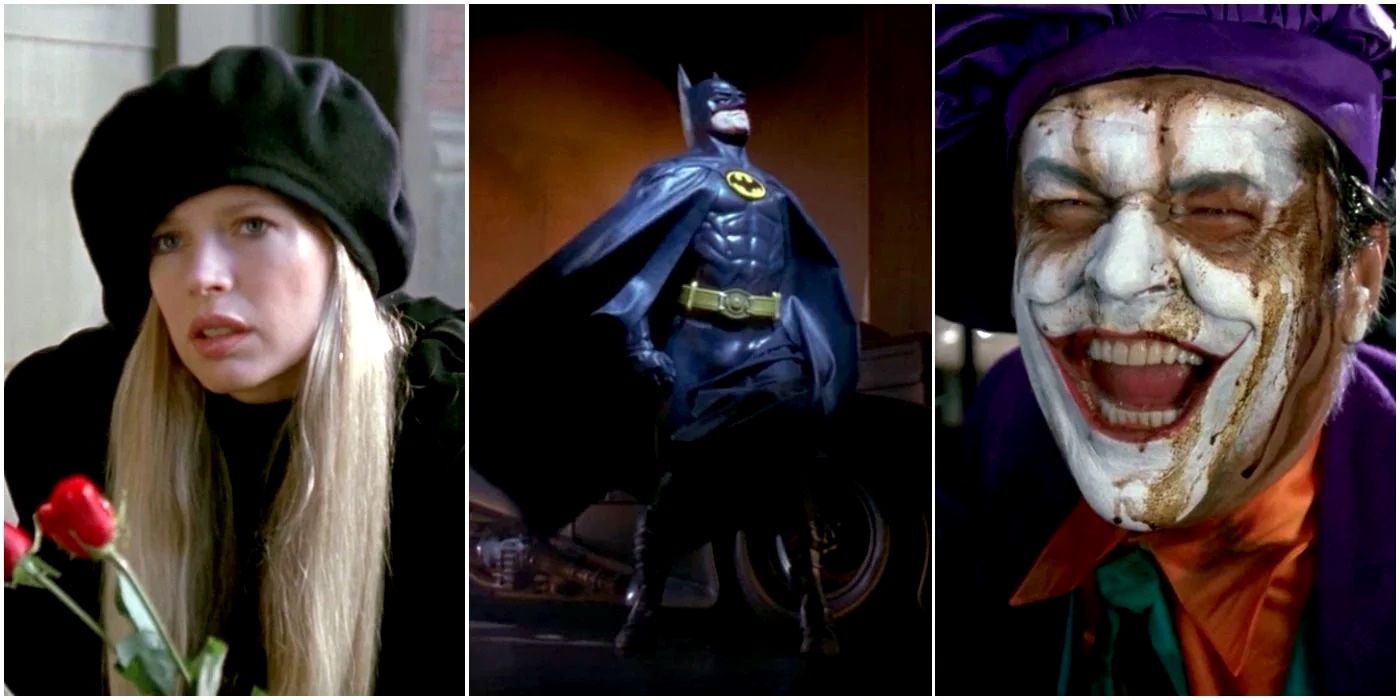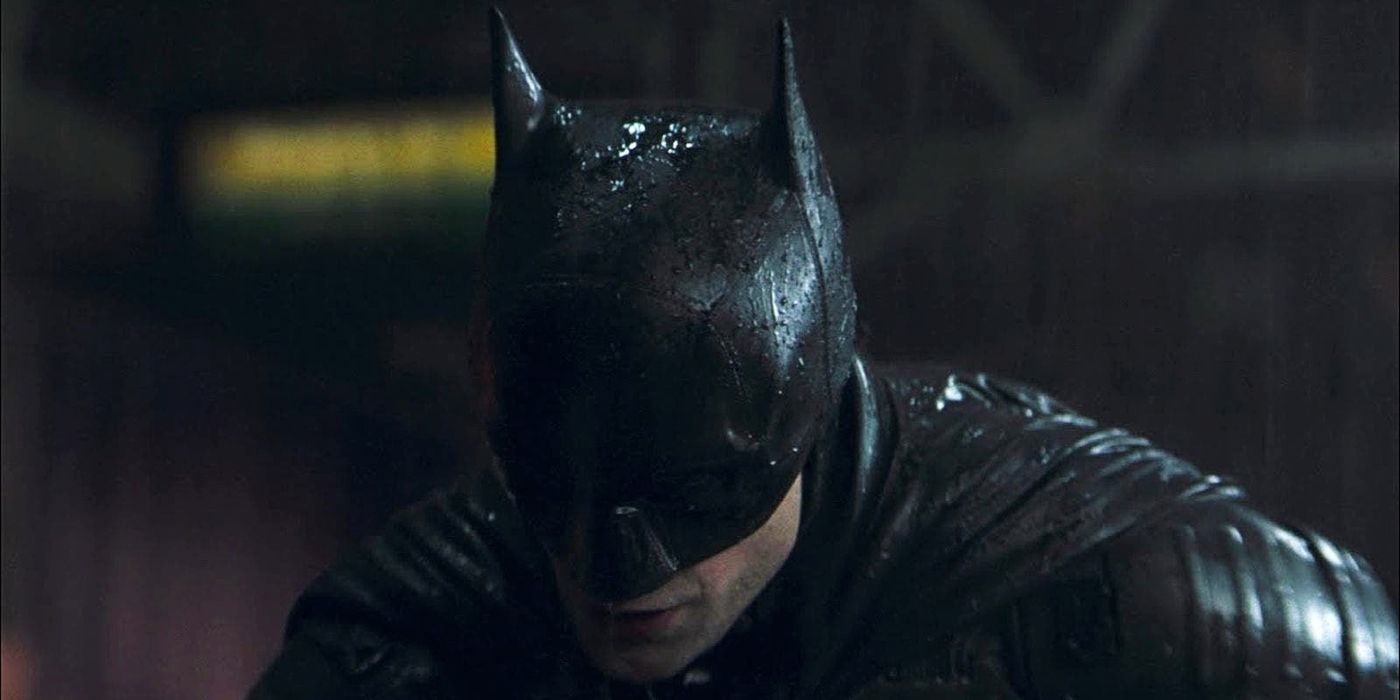In the character's most recent outings, Batman has been a grim, unsmiling guardian of the night. It's hard to blame him. After all, in the DC Extended Universe, Batman has been concerned with potentially world-ending baddies. Steppenwolf had an army ready to terrorize the planet in both versions of Justice League. In Batman v Superman: Dawn of Justice, Gotham's knight starts off convinced that killing Superman is the only way to protect the world, and ends by fighting a massive mutant monstrosity, aptly named Doomsday.
With Zack Snyder running the show, Batman didn't have time to quip or even crack a smile. The character, and the movies, were worse off for it. Snyder's films seem to be of the opinion that the only way to tell a "serious story" is to be serious one hundred percent of the time. In practice, absolute humorlessness leaves a story and its characters feeling like a child's rendering of "serious grown-ups".
Christopher Nolan's Dark Knight trilogy, if it wasn't so good, could be blamed for kicking off the DCEU's abiding fascination with "dark" stories. His movies took themselves seriously and created a gritty, realistic world that sometimes needed to dabble in despair. Despite that, his characters got to experience brief moments of levity from time to time. Real people make jokes; they laugh even in the worst of times. Good writers and directors understand this.
When Nolan's trilogy began in 2005, audiences were already familiar with the idea of a Batman movie that could take itself seriously. Tim Burton's take on the character in 1989 brought Batman and his world to wide audiences, not just comic book fans. Batman had plenty of reasons to avoid too humorous a take on the character, but the film proved not just that humor can work in a Batman movie, but that a story about Batman needs a certain amount of humor to be successful.
Not the 60s
Leading up to the release of Batman in 1989, Warner Bros. and the entire film's production team went to great lengths to let the audience know that their movie was darker and more serious than previous iterations of the character's story. Fans of the comics wanted to see a version of Batman that lined up with the darker tone of the books they were reading.
At that point, the Batman comics had gone all-in on darkness. Frank Miller's The Dark Knight Returns exploded into popularity in 1986. It took itself more seriously than most comic books of the time. Its realistic feel has cemented the book as a classic. In 1988, just one year before the release of Batman, DC released Batman: The KillingJoke, written by Alan Moore. To this day, the book remains one of the darkest Batman stories of all time.
Tim Burton has said The Killing Joke became the first comic he ever loved. It majorly influenced his work on the Warner Bros. Batman movie. Unfortunately, in 1989, audiences didn't typically consider Burton to be the dark-and-gloomy type. His movie Beetlejuice came out in 1988, but Burton was still most associated with 1985's Pee-wee's Big Adventure.
Fans were nervous about the Pee-wee director taking on Batman. Burton and the rest of the team understood this. They also understood that when many people pictured Batman, they thought of the 1960s version of the character. More than anything, the team at Warner Bros. wanted to move away from that overly campy version of the character. They were telling a serious story with Batman, and they wanted to let people know.
To do that, they made the marketing material for the movie as dark and serious in tone as possible. The trailers for Batman didn't play for laughs and didn't make people think of the 60s. There weren't jokes in the advertisements for Batman, but of course, there were jokes in the film.
The Joker makes wisecracks from time to time. He uses an obnoxiously long gun to shoot down the Batwing. Characters smile occasionally throughout the film. Burton and the others involved knew that a story about a clown fighting a man dressed as a bat couldn't be as self-serious as a war movie. They knew audiences would have trouble believe the story otherwise. They also knew that telling a "real" and "serious" story requires a joke or two. Real people laugh, even in dark times.
The Batman
Matt Reeve's The Batman is set to come to theaters in March of 2022. It's safe to assume the movie will be a sober-minded take on the character's early days as a hero in Gotham. No Batman movie is going back to the 60s anytime soon. That's something to be thankful for, but hopefully, Reeve's doesn't go full-Snyder, either.
The DCEU is in the process of changing directions. Previous movies have taken themselves so seriously that audiences haven't been able to empathize with the characters and haven't been able to invest in the plots. Reeves will hopefully bring back a Batman who feels like a real human being. That means he'll need to smile, at least once or twice.

